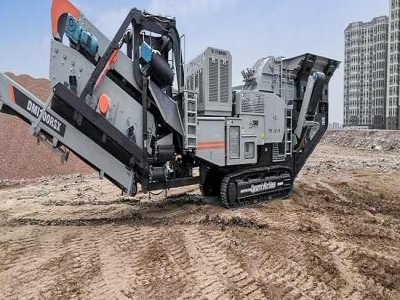gcse 1. Introduction to the Extraction of Metals method ...
The metal copper can be easily extracted BUT copper–rich ores are becoming scarce so new methods of extracting copper are being developed to exploit low grade ores. A low grade ore is one with low concentrations of copper and research is going on to try and exploit waste material left over from processing high grade ores.





































